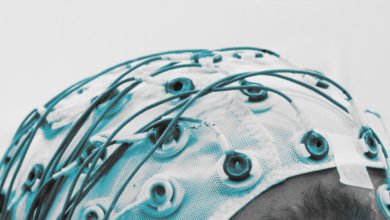
A recent computer simulation has led scientists to believe that the universe behaves very much like a brain.
Published in Nature’s Scientific Reports, the results of the simulation point to “undiscovered, fundamental laws” that dictate the development of both large and small networks, and draw a fairly direct parallel between the transmission of electrical signals between brain cells and the “expansion of galaxies.”
According to the study’s co-author Dmitri Krioukov, neural networks share the same “natural growth dynamics” as the Internet and social networks, and the same goes for the growth of the universe.
This, of course, doesn’t mean we’re living in a giant brain or anything. Rather, the true revelation of the study is that there’s an underlying law making these otherwise vastly different systems so similar. In particular, the way they expand and develop.
“For a physicist it’s an immediate signal that there is some missing understanding of how nature works…” – Dmitri Krioukov
If you think about it, there’s a lot of symmetry in the universe that we already know about, as well as repeating patterns that occur throughout nature, like the Golden Ratio and the Fibonacci sequence. There may even be similarities between the nature of the universe and our computer simulations.
Even the early (albeit flawed) Bohr model of the atom appears similar, at least conceptually, to the workings of a star system. I wonder where this research will take us.






